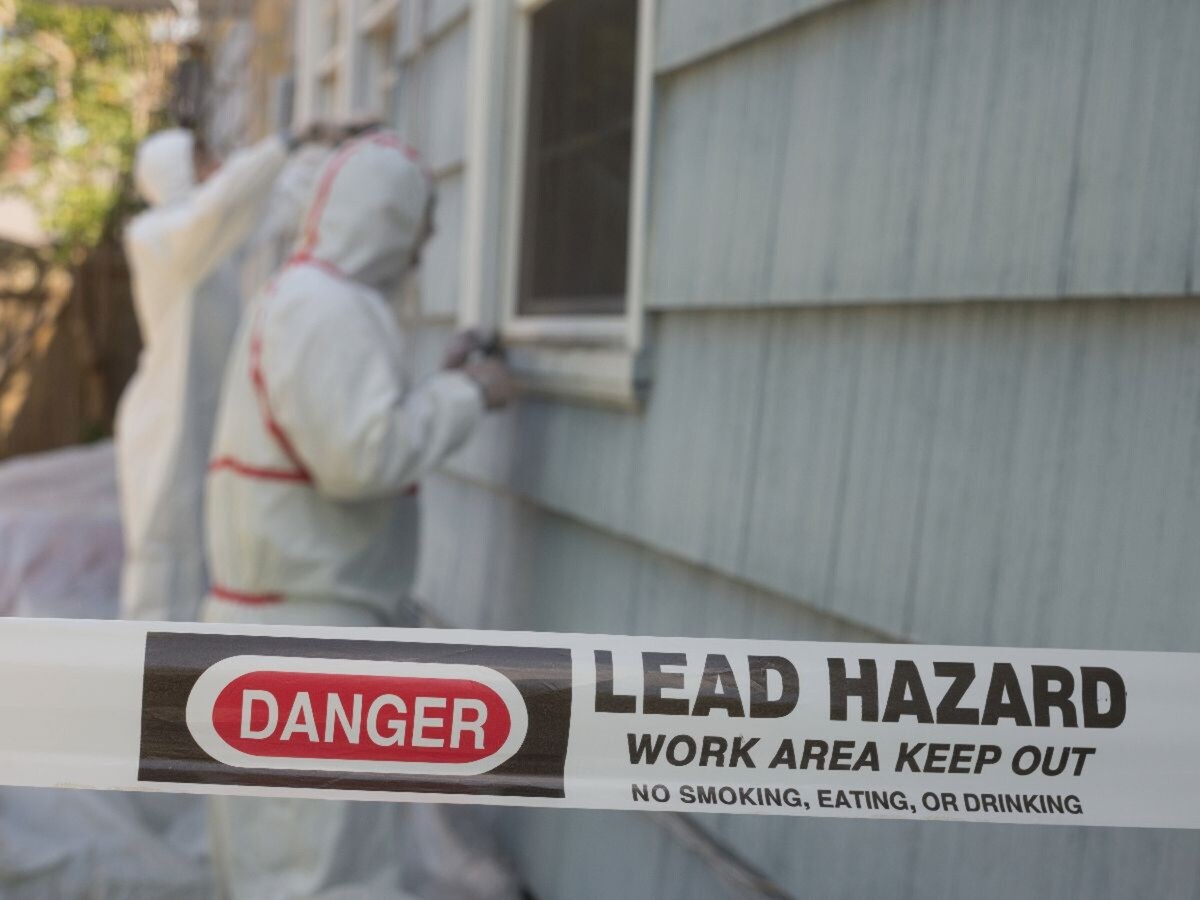NJs Landmark Lead Inspection Law for Rental Properties Set to Transform Tenant Safety
In a pivotal move to safeguard tenants from lead hazards, New Jersey has enacted a comprehensive law mandating lead inspections in residential rental dwellings. This new mandate began July 1, 2023, with significant implications for landlords and tenants alike.
Overview of the New Law:
New Jersey's recent legislation (P.L. 2021, Chapter 182) requires all residential rental properties to undergo lead hazard inspections. This move, effective from July 2023 and for the foreseeable future, aims to prevent lead poisoning, especially in children. The law mandates inspections at tenant turnover or every three years, with a particular focus on properties built before 1978.
Exemptions and Compliance:
While the law is far-reaching, certain properties are exempt, including those constructed post-1978 and dwellings already certified as lead-free. Despite these exemptions, all landlords must comply by registering their properties (Approx. $220) and paying administrative fees (Approx. $50). Non-compliance could result in significant fines, emphasizing the law's strict enforcement measures.
Impact on Landlords and Tenants:
Landlords are now faced with the responsibility of arranging inspections, either through the local health department or state-approved entities. They must bear the costs of these inspections and any necessary lead hazard remediations. Tenants, on the other hand, will benefit from enhanced safety and health standards in their homes.
Details of the Law:
The law outlines specific inspection requirements, certification processes for lead-free properties, and the responsibilities of property owners. It also establishes the role of municipalities in enforcement and the criteria for exempt dwellings.
Funding and Education Initiatives:
To support this initiative, the state has allocated substantial funds and established educational programs to raise awareness about lead hazards. These efforts are crucial in ensuring the law's effectiveness and long-term impact on public health.
New Jersey's proactive stance on lead hazard inspections represents a significant step forward in residential safety. By prioritizing health and enforcing stringent regulations, the state sets a precedent in addressing longstanding environmental concerns, ultimately benefiting communities across New Jersey.















